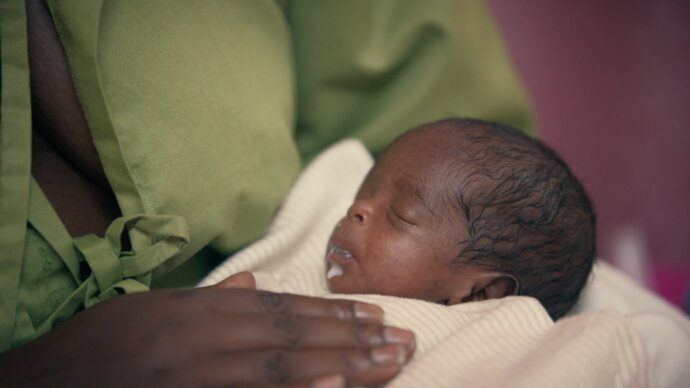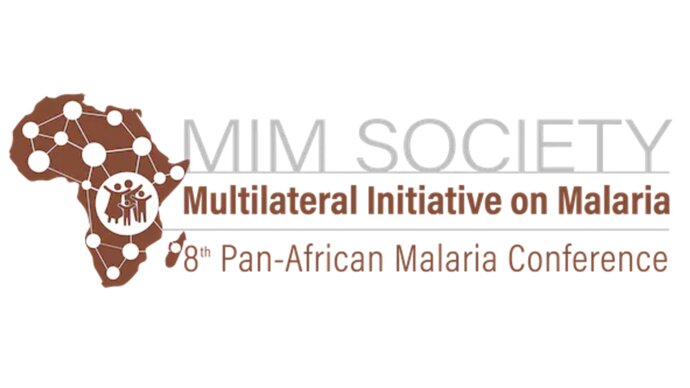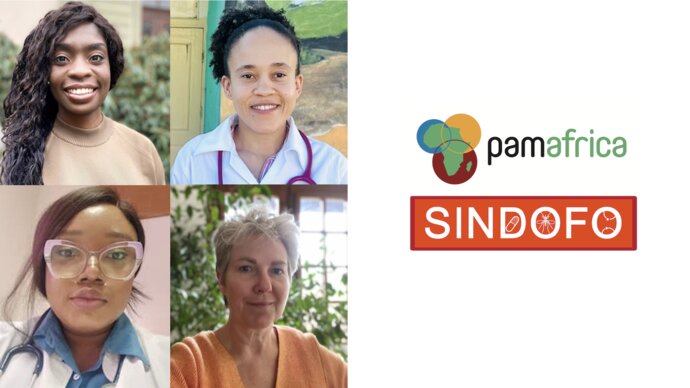Medicines for Malaria Venture and Novartis announce positive efficacy and safety data for a novel treatment for babies <5 kg with malaria
-
There is currently no evidence-based treatment for the smallest babies with malaria
-
The CALINA study tested a new ratio and dose of Coartem® (artemether-lumefantrine) to account for metabolic differences in babies under 5 kg
-
The CALINA trial indicated that the new formulation has good efficacy and safety, and the data have been submitted for regulatory review
Basel, Geneva, Kigali April 24, 2024 – Medicines for Malaria Venture (MMV) and Novartis announce positive data from their phase II/III CALINA study, demonstrating that a novel formulation of Coartem® (artemether-lumefantrine) developed for babies weighing less than 5 kg with malaria has the required pharmacokinetic profile and therefore efficacy and safety. The trial was conducted in several African countries. The data, which will be presented this week at the Multilateral Initiative on Malaria (MIM Society) 8th Pan-African Malaria Conference in Kigali, have been submitted for regulatory review.
Malaria exerts a massive burden on public health across the world, particularly in Africa.1 Huge strides have been made in recent decades in the treatment of malaria. However, to date, little data has been generated in the smallest children – babies less than 5 kg.
The CALINA study is led by Novartis, with the scientific and financial support of Medicines for Malaria Venture (MMV), and as part of the PAMAfrica consortium, which is funded by the European & Developing Countries Clinical Trials Partnership (EDCTP2). It is the first evidence-based trial conducted to evaluate a new antimalarial dose and regimen for all infants weighing under 5 kg with acute uncomplicated malaria. If approved, Novartis and MMV aim to make the treatment available as soon as possible to the youngest infants, who currently lack access to evidence-based treatment options.
The new formulation, known as Coartem <5 kg Baby, uses a new ratio and dose of artemether-lumefantrine to account for metabolic differences in babies under 5kg.
Infants under 5 kg can be affected by placental malaria, leading to poor birth outcomes, or contract malaria from the bite of an infected mosquito. The prevalence of the disease in this age and weight group is poorly understood, and it is therefore often misdiagnosed.
Current antimalarials have not been developed specifically for infants weighing under 5 kg. There is no approved treatment available for them, and they are treated with tablets meant for children above 5 kg adjusted by weight.2 Yet, these tiny patients handle drugs differently due to the immaturity of their metabolizing organs, which can lead to overdose and toxicity. Coartem <5 kg Baby provides optimized dosing specifically tailored to the needs of these vulnerable patients. If approved, the treatment will close a significant treatment gap.
“Infants below 5 kg make up a critical neglected group, and developing antimalarials specifically suited to their needs is essential to malaria control efforts,” said Wiweka Kaszubska, Executive Vice President, Head of Product Development, MMV. “The success of the CALINA trial brings us one step closer to ensuring that all patients have access to appropriate and effective treatments.”
"Ensuring the smallest babies suffering from malaria get the right dose of medicine has long been a challenge for doctors on the African continent. Through our collaboration, we're not merely bridging gaps in treatment; we're forging a lifeline for the most vulnerable. Our dedication is steadfast, our mission clear: every child deserves a fighting chance against malaria," said D. Bérenger Kaboré, Research Associate, Clinical Research Unit of Nanoro, Burkina Faso a Principal Investigator of the CALINA study.
“We are pleased with the positive outcomes from our CALINA study and to be one step closer to bringing an effective malaria treatment to all age groups, including vulnerable newborn babies," said Shreeram Aradhye, President, Development and Chief Medical Officer at Novartis. “We have been committed to the fight against malaria for more than two decades, and this successful trial represents another milestone towards ensuring that all people have access to an appropriate antimalarial therapy.”
“The CALINA trial is an example of the type of Europe-Africa collaboration we need to close malaria treatment gaps for vulnerable groups, and EDCTP is proud to be part of this endeavor,” said Pauline Beattie, Operations Manager and Scientific Advisor, EDCTP Association.
This year's theme for World Malaria Day – Health Equity, Gender, and Human Rights – serves as a stark reminder of our collective responsibility to protect every child from malaria. It underscores the need to ensure that the youngest and most vulnerable among us also have access to the right treatment.
For more information contact:
Senior Director of Communications, MMV
Elizabeth Poll
Phone +41 79 709 59 92
email: polle [at] mmv [dot] org


